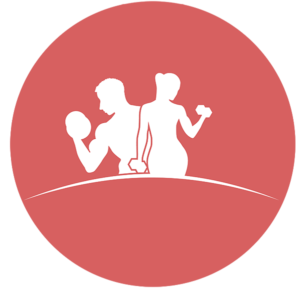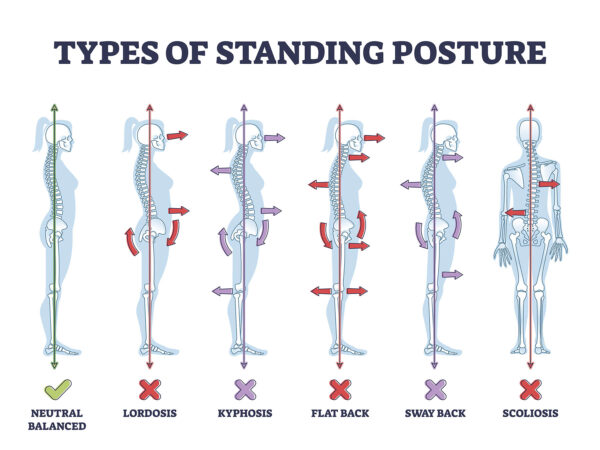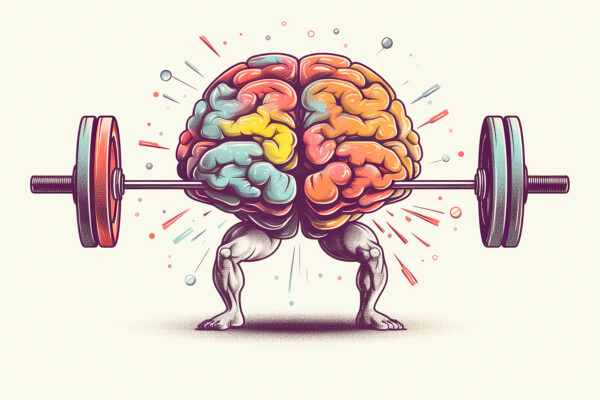Understanding Overtraining in the Context of Muscle Building
Overtraining occurs when the intensity and frequency of workouts exceed the body’s ability to recover. While dedication to training is crucial for muscle growth, excessively pushing the body without sufficient recovery can be counterproductive and even harmful.
The Impact of Overtraining on Muscle Growth
Negative Effects on Muscle Development:
- Impaired Recovery: Overtraining hinders the body’s ability to repair and build muscle tissues, essential for muscle growth.
- Decreased Protein Synthesis: Excessive training can reduce the rate of protein synthesis, slowing down muscle growth.
- Increased Muscle Breakdown: Overtraining can lead to catabolism, where the body starts breaking down muscle tissue for energy.
Hormonal Imbalances Due to Overtraining
Disruption of Key Hormones:
- Cortisol Spike: Overtraining can lead to elevated cortisol levels, a stress hormone that can break down muscle tissue.
- Reduced Testosterone Levels: Chronic overtraining might decrease testosterone levels, negatively impacting muscle growth and recovery.
- Impact on Growth Hormone: Overtraining can disrupt the production of growth hormone, crucial for muscle repair and growth.
Recognizing the Signs of Overtraining
Key Indicators to Watch For:
- Persistent Fatigue: Feeling tired even after adequate rest can indicate overtraining.
- Decreased Performance: A noticeable drop in workout performance and strength.
- Prolonged Recovery Time: Muscles feeling sore for extended periods post-exercise.
- Mood Swings and Irritability: Overtraining can affect mental and emotional health.
- Sleep Disturbances: Difficulty in falling or staying asleep, despite feeling fatigued.
Overtraining’s Impact on Immunity and Injury Risk
Compromised Health and Increased Injury Risk:
- Weakened Immune System: Intense training without proper recovery can weaken the immune system, making the body more susceptible to infections.
- Higher Injury Risk: Overworked muscles and joints are more prone to injuries, including strains, sprains, and stress fractures.
Strategies to Prevent Overtraining
Balancing Training and Recovery:
- Adequate Rest Periods: Incorporate rest days into your workout routine to allow muscles to recover.
- Sleep Quality: Ensure you’re getting enough quality sleep to facilitate muscle repair and recovery.
- Nutrition: A balanced diet rich in protein, healthy fats, and carbohydrates can support muscle recovery.
- Hydration: Stay hydrated to help the body function optimally during recovery.
- Active Recovery: Engage in light, non-strenuous activities on rest days to promote circulation and aid recovery.
The Role of Periodization in Preventing Overtraining
Structured Training Approach:
- Cycling Intensity and Volume: Varying the intensity, volume, and type of exercise can prevent overtraining.
- Planning Recovery Phases: Integrate planned recovery phases in your training regimen.
Listening to Your Body: The Key to Balanced Training
Understanding the difference between pushing your limits and overtraining is critical. Pay attention to your body’s signals, and don’t hesitate to adjust your training plan if you notice signs of overtraining. Consulting with fitness professionals can also provide guidance in creating a balanced and effective training program.
In summary, overtraining can significantly impede muscle growth and overall recovery, leading to a range of negative physical and mental outcomes. Recognizing the signs and implementing strategies to prevent overtraining are essential for long-term muscle development, health, and fitness success.







